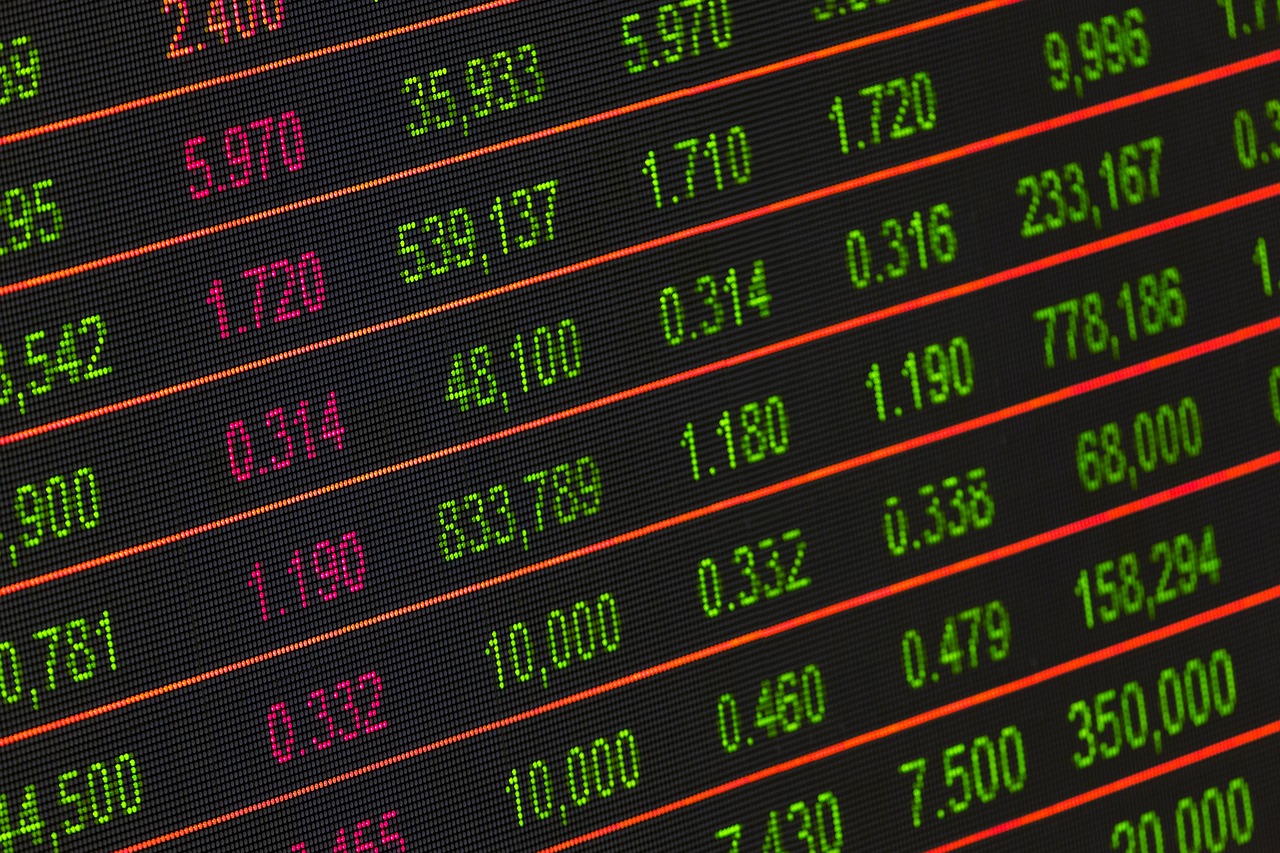Business and Economy
North American markets cap one of the worst weeks of year with trade concerns

Some market watchers expect a ramp up of trade war rhetoric could prompt the Federal Reserve to further cut interest rates in the coming months. (Pixabay Photo)
TORONTO — North American markets endured one of the worst weeks of the year as heightened trade tensions between the United States and China rattled investors.
U.S. President Donald Trump’s decision Thursday to add 10 per cent tariffs on US$300 billion of Chinese goods as of Sept. 1 was the dominant issue in a risk-off day as the Chinese vowed to retaliate.
“It seems like the trade wars, pardon the pun, trump all else,” said Allan Small, senior investment adviser at HollisWealth.
He said U.S. consumers will be more affected by this round of tariffs than the earlier 25 per cent on US$250 billion worth of imports that were strategically placed to avoid technology gadgets and other popular items.
“We’re seeing a lot of people up in arms about this 10 per cent and of course, who knows, if nothing happens 10 could easily become 25 very quickly.”
The unknown manner in which China will retaliate if a big concern, Small added.
Will they increase tariffs of their own, limit access to China’s large supply of rare earth elements used in batteries, and buy fewer U.S. treasuries?
“I think everyone is a little bit nervous as to what the retaliation from the Chinese will be,” he said in an interview.
Some market watchers expect a ramp up of trade war rhetoric could prompt the Federal Reserve to further cut interest rates in the coming months.
But Small said that will have little impact on corporate business decisions.
“Having access to more money is not going to make businesses spend more money. They’re still not going to spend because of the uncertainties regarding trade.”
The S&P/TSX composite index closed down 105.38 points at 16,271.66, after hitting an intraday low of 16,206.36.
In New York, the Dow Jones industrial average fell 98.41 points at 26,485.01. The S&P 500 index was down 21.51 points at 2,932.05, while the Nasdaq composite was down 107.05 points at 8,004.07.
The selloff came even though July U.S. nonfarm payroll jobs increased by 164,000 jobs in line with expectations, although the numbers for the two previous months were reduced by 41,000 from previous reports.
Seven of the 11 major sectors of the TSX were lower led by technology, which fell 2.6 per cent.
Energy was down two per cent with Imperial Oil and Crescent Point Energy Corp. losing 3.8 and 3.3 per cent, respectively.
The key sector lost ground even though crude oil prices partially rebounded from a large falloff a day earlier on trade concerns.
The September crude contract was up US$1.71 to US$55.66 per barrel, and the September natural gas contract was down 8.1 cents at US$2.12 per mmBTU.
Materials was also lower even though a move to safety pushed gold higher.
The December gold contract was up US$25.10 at US$1,457.50 an ounce, and the September copper contract was down 9.4 cents at $2.57 a pound.
Health care posted a strong day, gaining 4.9 per cent on the back of Aphria Inc. shares climbing more than 40 per cent after posting a net profit in the second quarter. That rubbed off on other cannabis producers, including Cronos Group and Aurora Cannabis Inc.
The Canadian dollar traded at an average of 75.61 cents US, down from Thursday’s average of 75.66.





















